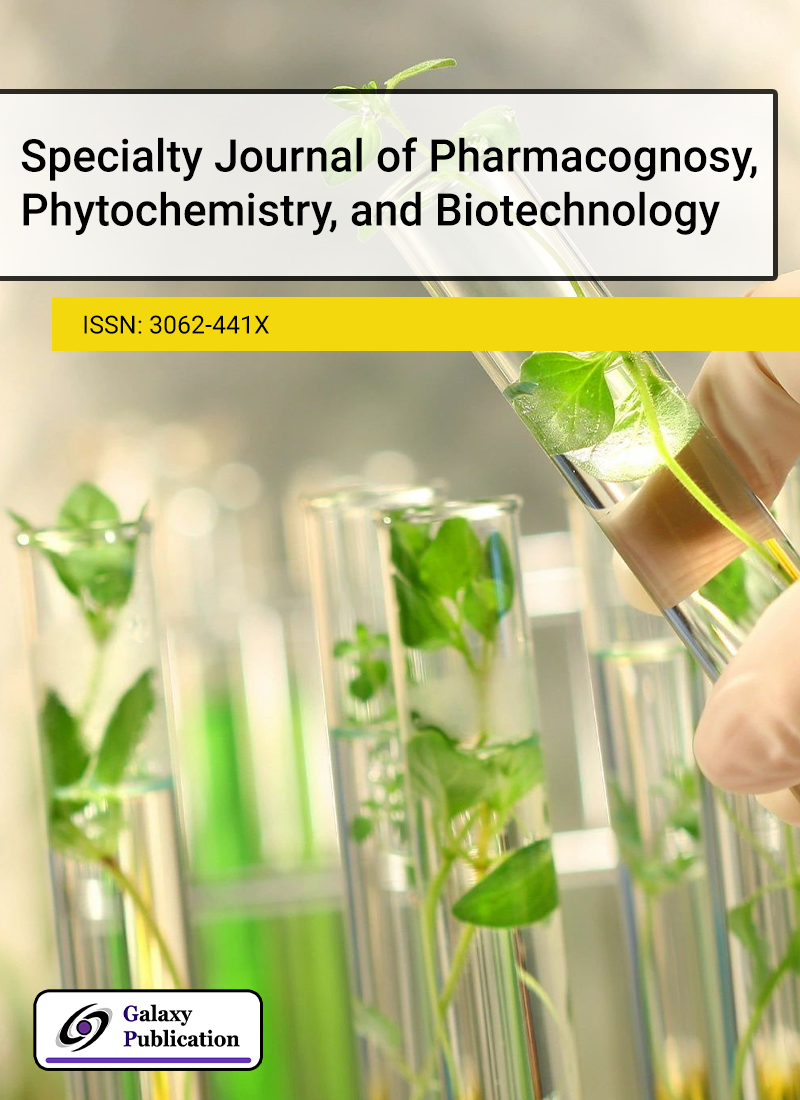
Fresh coconut oil is known for its potential health benefits, particularly on hematological and biochemical markers, which may be attributed to its medium-chain triglycerides content. This prompted a closer examination of its effects in managing prothrombotic tendencies. This study aimed to investigate the effect of fresh coconut oil on the gastrointestinal tract microbiota, as well as hematological and biochemical markers, in Wistar rats. A total of ten adult Wistar rats, each weighing between 94 and 125 grams, were selected for the study (n = 5). The rats were divided into two groups: a control group and an experimental group that received 0.5 ml/kg of coconut oil. Colony counting was performed on both fecal and gastrointestinal samples, while hematological and biochemical markers were assessed through standard blood testing methods. The findings showed a reduction in hemoglobin, red blood cell count, white blood cell count, granulocyte count, mean corpuscular hemoglobin concentration, platelet count, and mean platelet volume in the coconut oil-treated group compared to the control group. Coconut oil (0.5 ml/kg) showed stronger hematinic properties without causing significant damage to the liver cells. There were no significant differences in the levels of Na+, K+, Cl-, Cr, or HCO3; however, there was a significant decrease in CHO, HDL, and LDL levels when compared to the control. Notably, the potassium (K+) concentration was significantly elevated in the experimental group. The results also showed that coconut oil produced a vasodilatory effect on the aorta, and no adverse effects on the lipid profiles were observed. Consequently, coconut oil may act as an alternative hematinic agent.